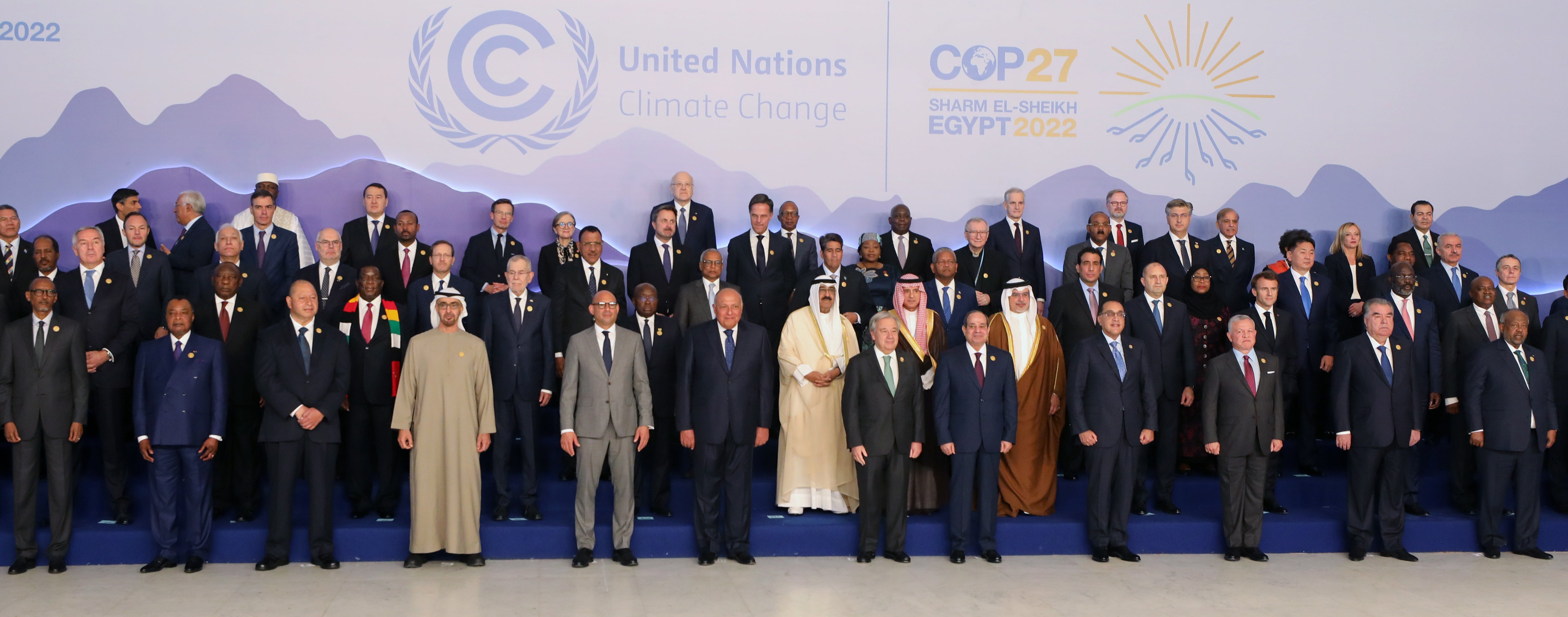World could break Paris climate agreement as early as next year, warns new study
Nations could be at high risk of breaching 1.5C global warming target

The world could break the Paris climate agreement by next year, according to new research.
Global warming is set to hit 1.5C compared to pre-industrial levels. It will be due to a weather phenomenon known as the El Nino effect.
British scientists say average temperatures may rise by 0.3C. This would come on top of the existing 1.2C increase since the late 19th century fuelled by carbon dioxide emissions and other human activities.
Taken together, it would mean the international accord signed in 2015 had been contravened within a decade - temporarily, at least.
Lead author Professor Adam Scaife, of the Met Office, said: “If you add on a big El Nino then we are going to get close, potentially, to the first year of 1.5 degrees.”
The study is based on an analysis of El Nino and another climate pattern called La Nina - which causes temperatures to fall.
Computer modelling showed the current three-year La Nina phase will end in March - and be followed by El Nino, reports New Scientist.
Prof Scaife said: “At the moment, the vast majority of forecasts are going into El Nino in the latter half of 2023.”
The fluctuating cycles are driven by sea surface changes in the equatorial Pacific. El Nino is declared when temperatures in the tropical eastern area reach 0.5°C above the long-term average - and La Nina when they drop below.
Both trigger dramatic shifts across the planet - ranging from heatwaves in Britain and Australia to rainfall in South America and wildfires in the US. El Nino can also drive up the global average temperature while it lasts. A strong shift is feared later this year.

Last month, the Met Office predicted the anticipated swing will lead to 2023 being one of Earth’s hottest on record.
It could bring rain to parts of Chile, Argentina and the south-west US which have experienced lengthy droughts as a result of La Nina. But it would probably disrupt Indonesia’s monsoon season impacting rice production and increase risk of severe heatwaves and wildfires in Australia.
Warmer seas also bring a heightened threat of bleaching in tropical coral reefs. Even a mild El Nino will raise global temperatures - but not enough to breach 1.5°C.
Prof David Battisti, of the University of Washington in Seattle who was not involved in the study, said: “It is probably a better than 50/50 bet there will be an El Nino. How big it is going to be is anybody’s guess.”
The Paris Agreement’s goal is to limit global warming to well below 2°C, preferably 1.5, compared to pre-industrial levels.
SWNS





Join our commenting forum
Join thought-provoking conversations, follow other Independent readers and see their replies
Comments